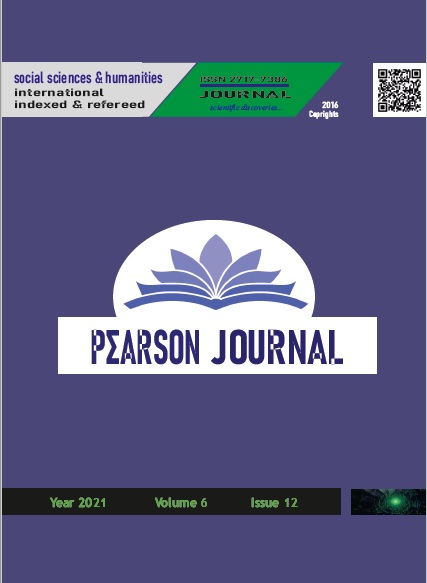THE GENRE OF ETUDE IN THE WORKS OF AZERBAIJANI COMPOSERS
DOI:
https://doi.org/10.46872/pj.270Keywords:
etude, genre, art-concert genre, Azerbaijani composers, technical studiesAbstract
The etude genre is one of the examples characterized by the emergence of different types of music that develop at certain stages of musical art. Although the introduction of studies as an independent genre in musical literature dates back to the XVII-XVIII centuries, its main function in the development of piano art was already present in other musical genres. The next stage in the development of the study genre is related to the work of the Romantic Movement representatives F.Chopin, R.Schumann, F.List. The acquisition of new features of the genre is due to the work of Russian composers. Thus, with the increase in the content features of art-concert studies, new features such as programming and integration with other genres were observed in Russian music. Interest in piano in Azerbaijan in the late 19th and early 20th centuries first appeared in aristocratic strata, but gradually spread to a wider area. The development of the art of performing on the piano also influenced the creativity of the composer an gave impetus to the formation of the national repertoire for this instrument. Although the etude genre in the works of Azerbaijani composers is not common in the works of European and Russian composers, there are important examples only in the early stages of the formation of miniatures. Azerbaijani composers E.Nazirova, F.Guliyeva, A.Azizov, A.Abbasov, Niyazi, J.Hajiyev, R.Shafag, Kh.Mirzezadeh and others managed to create interesting examples of this genre. One of the main features of the analysis of Azerbaijani somposers etudes is that these examples are pioneered for educational purposes. For this reason, some of the studies we analyzed (M.Mirzayev, J.Hajiyev etc.) are aimed at the first stage of music education with its small volume and simple structure. Studies of relatively large artistic and technical complexity (E.Nazirova,Niyazi,F.Guliyeva) are suitable for the upper classes of music schools. Although the evolution of the study genre and the features of its various genres are not embodied in these works with the splendour seen in the works of European and Russian composers, Azerbaijan is an interesting example of piano music in its educational repertoire. As a result, we can say that the etude genre is not a special development stage in the works of Azerbaijani composers, but each of the existing examples is important in the formation of the aesthetic tastes of young pianists, musical performances on a national basis, and it is successfully applied in the educational repertoire




